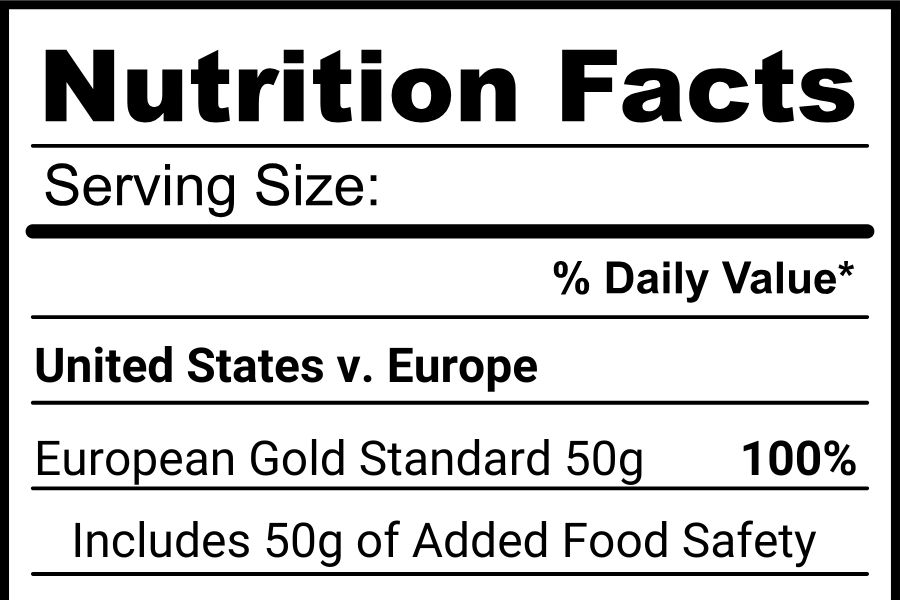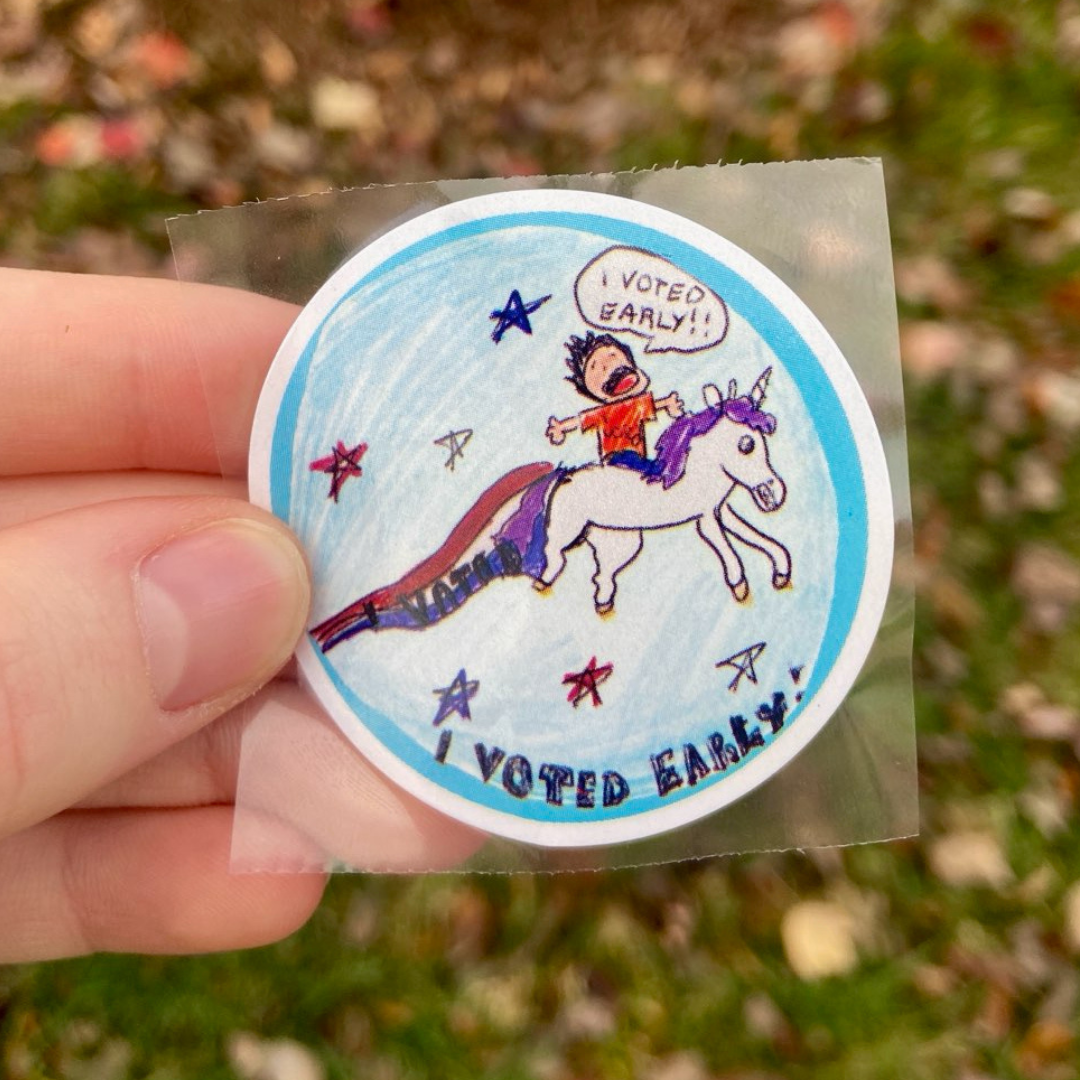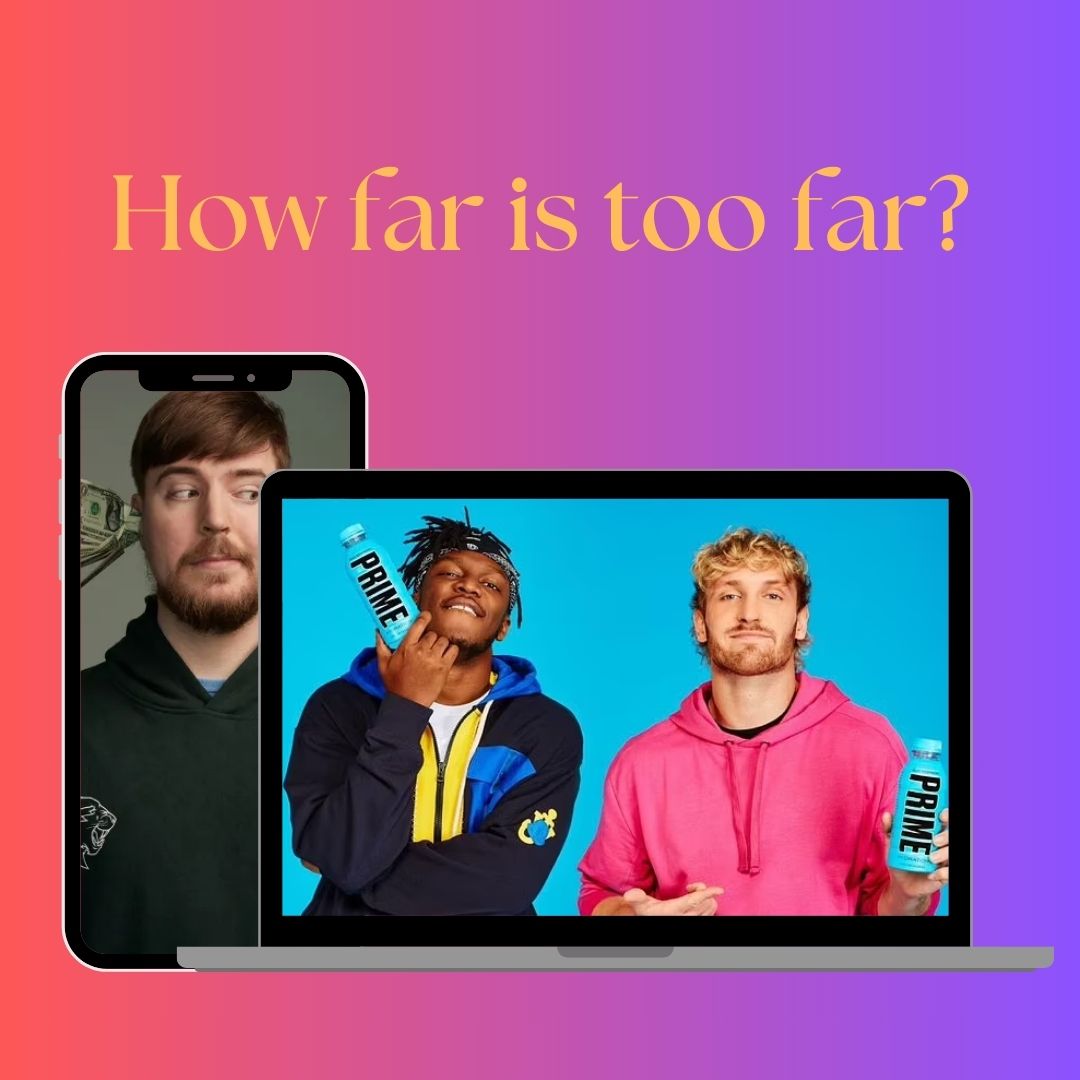
George Washington was right. In his farewell address as the first President of the United States, Washington warned against the formation of political parties, arguing that division in government was bad for our democracy. Nearly 250 years later, our nation appears to be the most divided since the Civil War. Today, the Democratic and Republican parties squabble over every issue: abortion, the economy, healthcare, immigration, foreign policy, gun control. The respect and honor that once represented American politics has disappeared and been replaced by partisanship, or a strong bias for something, and greed.
Granted, everyone is not going to agree on every issue, but that shouldn’t mean they should be demonized. Rather than choosing to respect the opinions of others, many people have reverted to hatred. It doesn’t have to be this way, though. By putting away their partisan differences, Democrats and Republicans can model a democracy in which the representatives govern for the people, not for themselves.
One striking development has been the recent decline of the moderate ideology in America. The moderates are those who find themselves in the middle on issues that separate the left, Democrats, from the right, Republicans. As a study by the Pew Research Center shows, the gap between the left and right continues to grow. In 1994, 49% of the population shared mixed ideological views while in 2014 only 39% of the population shared mixed ideological views.
Additionally, there has been increased animosity amongst the two political parties. In 2014, 27% of Democrats viewed Republicans as a “threat to the nation’s well being,” up from 16% in 1994; 36% of Republicans in 2014 viewed Democrats as a “threat to the nation’s well being,” up from 17% in 1994.
These staggering trends highlight this growing divide. Joel Achenbach from the Washington Post harkens on this, arguing that “the two parties have inexorably moved further apart ideologically, and leaders are more likely to be punished – ‘primaried’ – if they reach across the aisle.” Would George Washington want a nation so ideologically at odds with one another? Afterall, he wanted a democracy, which is specifically designed so that everyone can have a say in government.
Today, the political parties that dominate our government do not foster such ideals. Instead, both Democrats and Republicans encourage people to disrespect those they don’t agree with. If this continues, not only will our political system collapse, but our society will succumb to this poor behavior.
Another major contributing factor to such polarization in American politics is the poor example set by our elected representatives and leaders. In recent years, politicians have campaigned for office using a more negative and attacking style rather than the traditional methods of seeking public office, such as insulting commercials and personal jabs.
Former President Donald Trump’s unconventional path to the White House quickly became wrought with personal attacks coming from both sides of the political spectrum. Comments such as “vermin” from Trump’s speeches and “dictator” from Democrats inflamed any differences between the two, furthering the growing divide. As a result, campaigns once built on integrity and respect now rely on hatred and misconceptions.
A good example of how such strong partisanship has masked our view of politics is the 2020 presidential debates between Joe Biden and Donald Trump. Practically a shouting match, the debates were filled with personal attacks and accusations of lying. In a nationally televised program with over 70 million viewers, the harsh partisanship evidenced throughout the debates truly emphasized how toxic the American political environment has become.
Why does this matter? If politicians continue to vote specifically along party lines, acting only in their self interest, the people are not fairly represented. By undermining the democratic ideal of popular sovereignty – the consent of the people – many of our government leaders sacrifice representation for partisanship.
As America looks to the future, we must change the political narrative. In a future where our climate will continue to change, the population will rise, and technological advancements will grow, how we govern together will dictate how we live. A unified America will accomplish so much more than a divided America. Only with a willingness to compromise can our nation prove that George Washington’s assessment of political parties is not entirely true.
How can we spark change? Use social media to support people, not hurt them. Be gracious in defeat and acknowledge one’s candidate’s shortcomings. Become informed and participate in government by voting. Through these simple steps, we the people can lead our path towards a brighter future.










